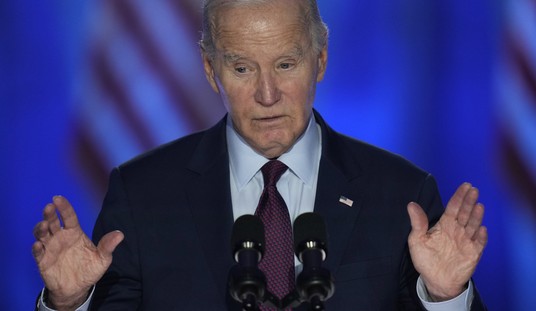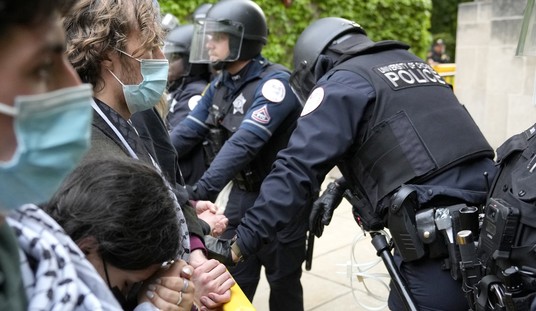Recent class action reforms, such as the Class Action Fairness Act of 2005, have helped the class action system in some ways. But the process continues to be severely abused by elements of the plaintiffs’ trial bar, who use the class action legal mechanism to join together large and diverse groups of claimants as a means of extracting huge settlements or court awards from defendants. For this reason, the courts should continue to monitor these suits closely and watch for abuses.
The largest class action in history, Dukes v. Wal-Mart, highlights some of the potential abuses that still exist in the class action system. The U.S. Supreme Court is now considering whether the Ninth Circuit appropriately permitted six female employees of Wal-Mart, each claiming separate and unrelated instances of alleged sex discrimination, to represent 1.5 million other employees – even though they really had no commonality between them.
The Ninth Circuit ruled that the facts and law were common enough among the 1.5 million potential class members to justify having the suit proceed as a class action – a decision that, if allowed to stand, would deny Wal-Mart the ability to prove that many, if not all, of the 1.5 million class members never actually suffered discrimination, exposing the company to potentially billions of dollars in damages. This amenability by some courts to a loose interpretation of what constitutes a class opens up incredible uncertainty and risk to businesses across America.
The unfortunate continuing irony, however, is that in many class actions, particularly those that go on in state courts, the plaintiffs are not the real winners in the case. A number of high-profile cases continue to result in class members “winning” coupons worth maybe a few dollars while the lawyers walk-away with millions.
Recommended
This phenomenon is highlighted in a proposed class action settlement in a case involving DirectBuy Inc. where the attorneys stand to receive up to $1 million while the 836,000 plaintiffs in the class will receive a two-month extension in their membership with the option to purchase a renewal. Thirty-four state attorneys general opposing the settlement are calling it a worthless coupon that offers no real benefit to consumers. Unfortunately, this outcome is all too common.
While the Class Action Fairness Act was designed to limit these types of abuses that often hurt businesses and don’t benefit consumers, the courts need to continue to police them so that justice is served and plaintiff’s lawyers are not the only winners.























Join the conversation as a VIP Member